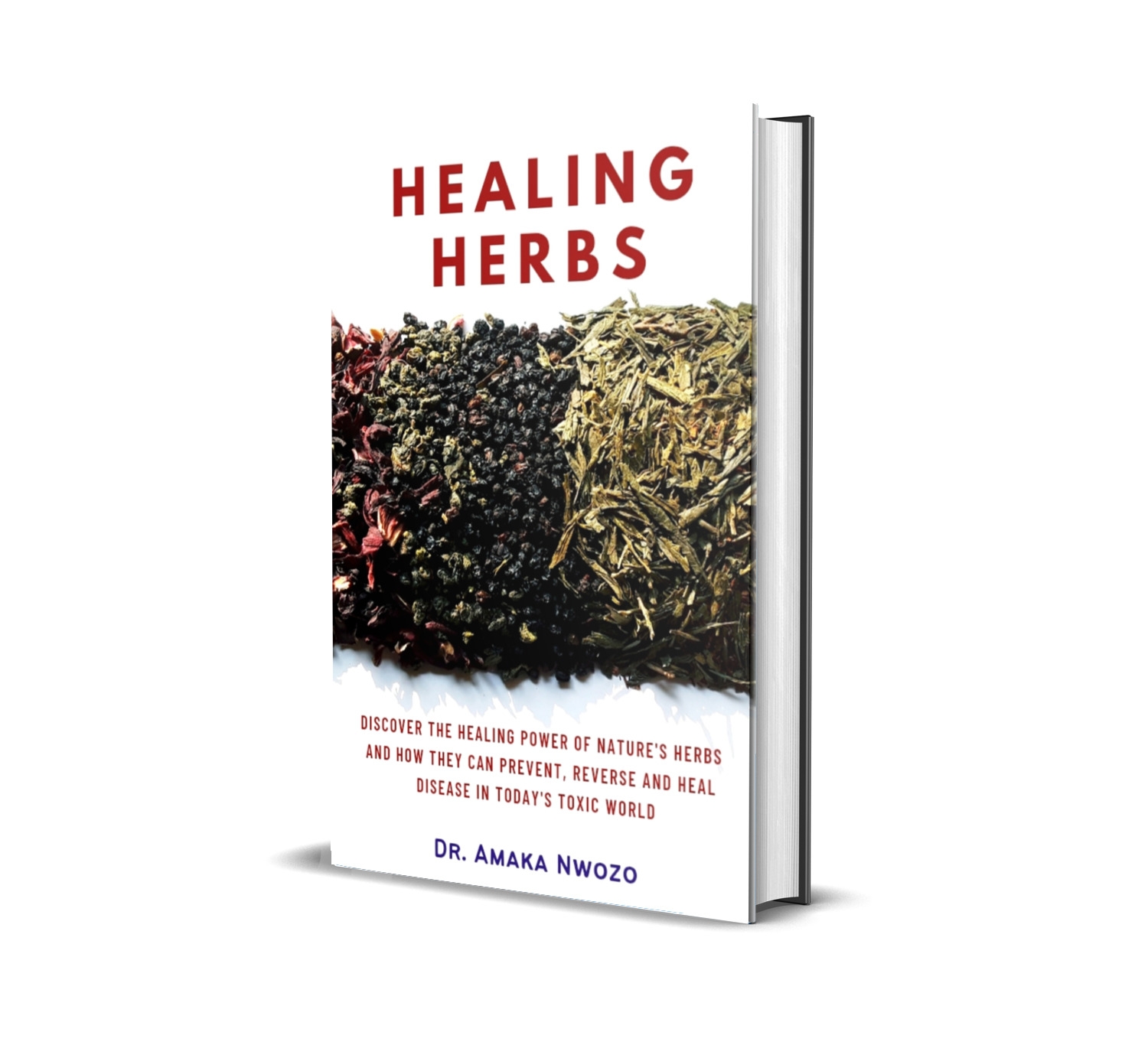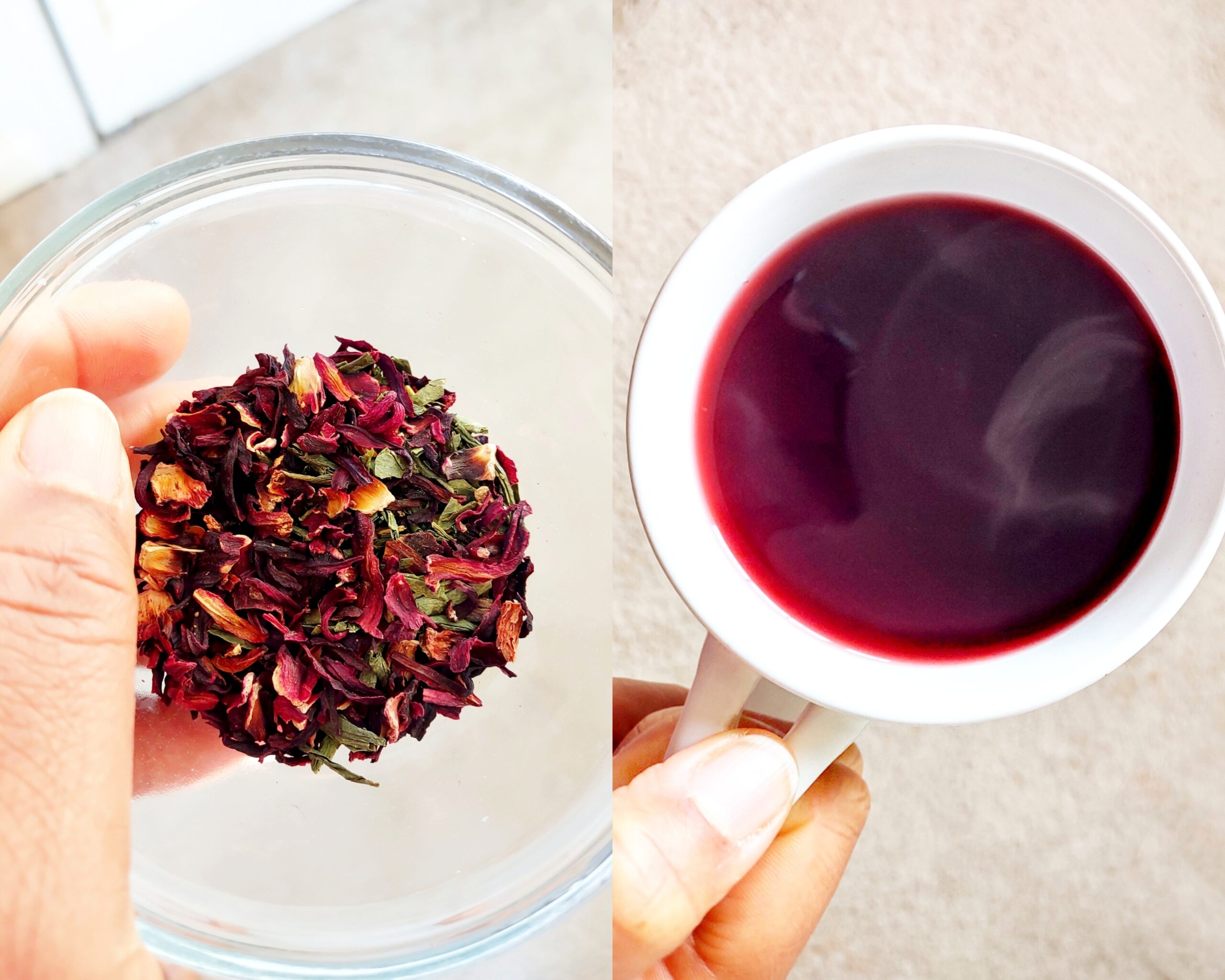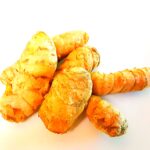Several herbs are believed to have potential benefits for heart health and blood vessels. While it’s essential to note that herbal remedies are not a substitute for medical treatment, some herbs may complement a heart-healthy lifestyle when used in consultation with healthcare professionals. Here are some herbs that have been studied for their potential cardiovascular benefits:
Hawthorn (Crataegus): Hawthorn is a traditional herb used for heart health. It is believed to have vasodilatory effects, improving blood flow to the heart and reducing blood pressure. Hawthorn may also have antioxidant properties.
Garlic (Allium sativum): Garlic has been studied for its potential to lower blood pressure and cholesterol levels. It may also have antiplatelet and antioxidant effects, contributing to cardiovascular health.
Turmeric (Curcuma longa): Curcumin, the active compound in turmeric, has anti-inflammatory and antioxidant properties. Some studies suggest that turmeric may have cardiovascular benefits, including improving endothelial function and reducing the risk of heart disease.
Ginger (Zingiber officinale): Ginger has anti-inflammatory properties and may contribute to cardiovascular health. It has been studied for its potential to lower blood pressure and improve lipid profiles.
Ginkgo Biloba: Ginkgo biloba is known for its potential to improve blood circulation. It may enhance endothelial function, reduce inflammation, and have antiplatelet effects.
Green Tea (Camellia sinensis): Green tea contains catechins, which are antioxidants that may contribute to heart health. Studies suggest that green tea consumption is associated with a lower risk of cardiovascular diseases.
Cayenne Pepper (Capsicum annuum): Cayenne pepper contains capsaicin, which may have vasodilatory effects and help lower blood pressure. It may also contribute to improved blood circulation.
Olive Leaf (Olea europaea): Olive leaf extract has been studied for its potential to lower blood pressure and reduce cholesterol levels. It may also have antioxidant and anti-inflammatory effects.
Remember this: before incorporating herbs or supplements into your routine for cardiovascular health, consult with a healthcare professional. They can provide personalized advice based on your specific health condition, potential interactions with medications, and overall treatment plan.
Use herbs with caution, especially if you have existing medical conditions or are taking medications.
Maintaining a heart-healthy lifestyle, including a highly nutritious diet, regular exercise, and stress management, is essential for overall cardiovascular well-being. For more information on herbs buy my Healing Herbs book today.




